The King and the Chorus Girl (1937) Online
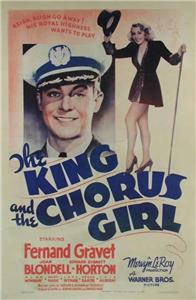
Ex-King Alfred VII is a young, handsome, and charming erstwhile monarch who once ruled a nation of two million people. Now all he has left are his Count Humbert and Duchess Anna, along with enough money to live an idle life in Paris with dozens of servants. He hasn't seen daylight in years; he prefers instead to drink himself into a stupor regularly. He's phenomenally bored, and a routine trip to a tedious cabaret finds a chorus girl flirting with him. He calls her to his apartment, apparently to seduce her as he's done many times before, but when she comes, he's passed out. Her outrage gives Humbert and Anna the idea that might bring Alfred out of his unhappy ennui - tell him she didn't come, and have her act as though he weren't so important after all. He of course pursues her with vigor and is snapped out of his apathy. But what happens if she falls in love with him?
| Complete credited cast: | |||
| Fernand Gravey | - | Alfred Bruger VII (as Fernand Gravet) | |
| Joan Blondell | - | Miss Dorothy Ellis | |
| Edward Everett Horton | - | Count Humbert Evel Bruger | |
| Alan Mowbray | - | Donald Taylor | |
| Mary Nash | - | Duchess Anna of Elberfield | |
| Jane Wyman | - | Babette Latour | |
| Luis Alberni | - | Gaston | |
| Kenny Baker | - | Folies Bergère Soloist | |
| Al Shaw | - | Folies Bergère Entertainer (as Shaw) | |
| Sam Lee | - | Folies Bergère Entertainer (as Lee) | |
| Lionel Pape | - | Prof. Kornish | |
| Leonard Mudie | - | Footman | |
| Adrian Rosley | - | Concierge (as Adrian Roseley) |
The script was co-authored by Groucho Marx and his dry wit is often present. This was his first on-screen credit for a film not involving the Marx Brothers.
Edward Everett Horton is often remembered by children of a certain age as the narrator of The Bullwinkle Show' s "Fractured Fairy Tales."
Female lead Joan Blondell was a well-established actress for Warner Brothers by 1940, usually playing female best friend parts.
This film was released soon after the abdication of King Edward VIII so he could marry American divorcee Wallis Simpson. A contemporary reviewer noted the casting of Fernand Gravey and his resemblance to the Duke of Windsor. Grocho Marx, who co-wrote the script, later remarked, "any similarity between our story and the love affair between the King of England and Mrs. Simpson was intentional".
First American picture for French film star Fernand Gravey.
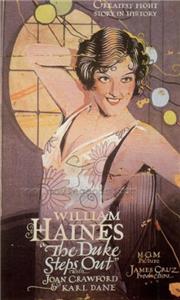



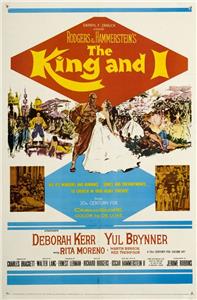
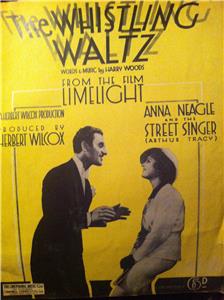
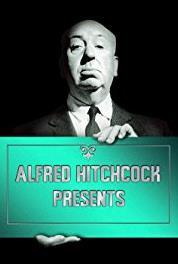
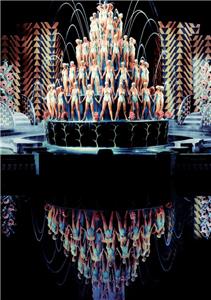
User reviews